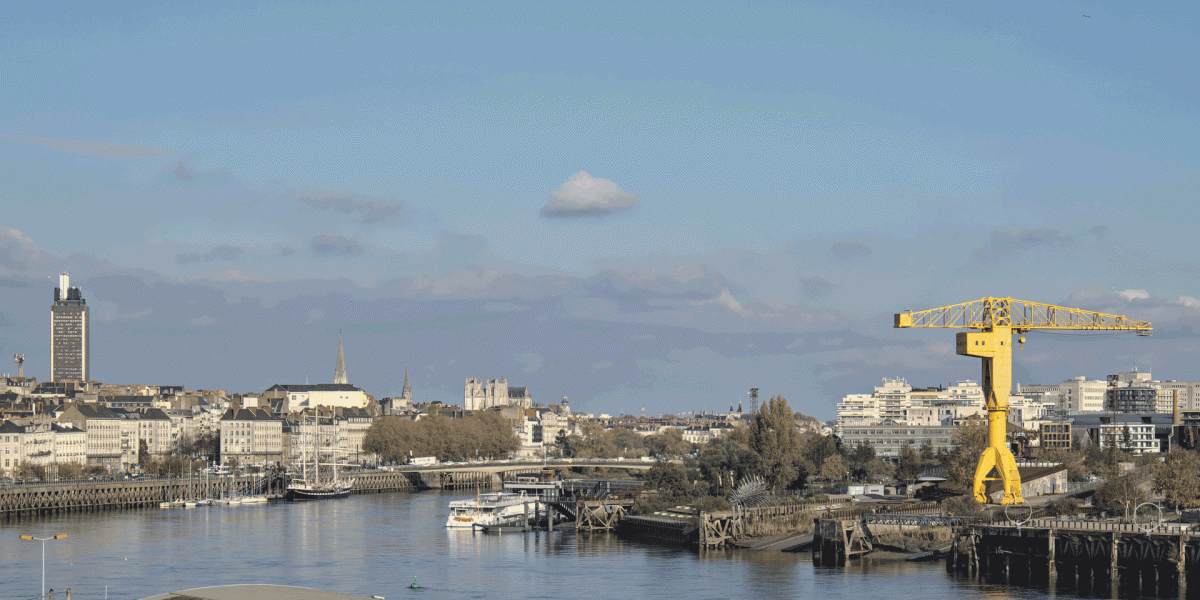The Social Atlas of the Nantes metropolis is a collaborative project of social sciences (geographers, sociologists, architects and urban planners, historians…) and a digital edition project.
By mobilizing the tools of the social sciences and in particular cartography, this atlas brings together scientific insights on the social realities that cross the Nantes metropolis. Without any desire or pretension to exhaustiveness, it attempts to show the processes of urbanization, the characteristics of the housing stock, demographic dynamics, social hierarchies and their urban inscriptions, conflicts in development and urban planning, educational or cultural issues, etc. Beyond the diversity of these few examples of thematic entries, a common thread of this social atlas is its desire to examine the spatial dimension of social inequalities and power relationships in urban areas spaces, in particular in attractive metropolis.
The data used are varied, with maps based on social indicators from INSEE, as population census classically used in urban studies (age groups, socio-professional status, housing occupancy status, household incomes…), but also from the services of “Nantes Métropole”, whose data are increasingly accessible in open data. The development of digital tools also makes it possible to draw up original geographies from data collected on platforms as BlaBlaCar or Airbnb, whose recent development transform contemporary urban areas. Other atlas sheets are based on qualitative field surveys. The aim is therefore to propose social sciences rooted in reality and which focus in part on everyday objects, objects that are certainly ordinary but nevertheless decisive in the understanding of metropolitan societies.
The group of authors includes more than 30 experienced and young scholars from various disciplinaries fields and teams.





